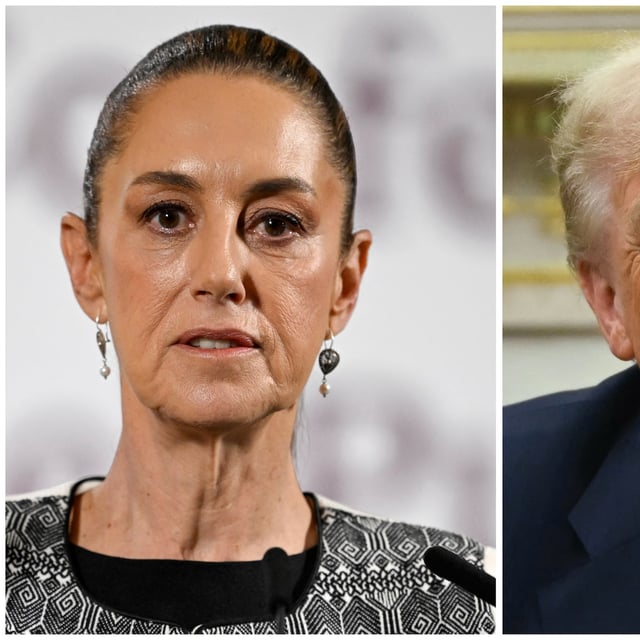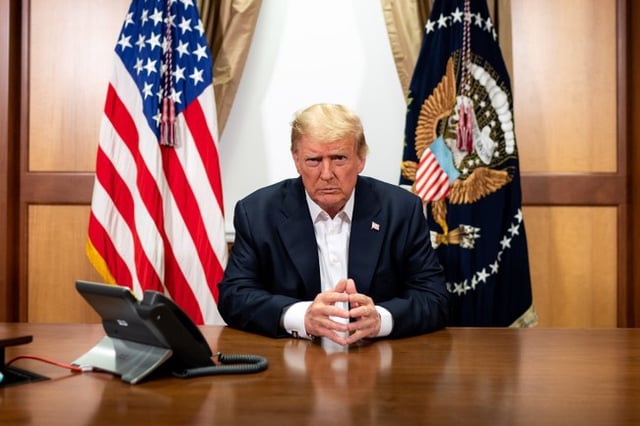Overview
- President Trump granted Mexico a 90-day extension on the Aug. 1 deadline, postponing planned 30% tariffs on most imports.
- Under the agreement, 25% duties on fentanyl precursors and automobiles and 50% on steel, aluminum and copper remain in effect.
- Mexico committed to immediately remove its non-tariff trade barriers to facilitate broader negotiations.
- The U.S. Treasury sanctioned three cartel-linked banks—CIBanco SA, Intercam Banco SA and Vortex Casa de Bolsa—for alleged money laundering and fentanyl precursor shipments.
- Approximately 85% of Mexican exports comply with USMCA rules and avoid the fentanyl-related levies, though economists warn the tariffs could still push up U.S. consumer prices.


